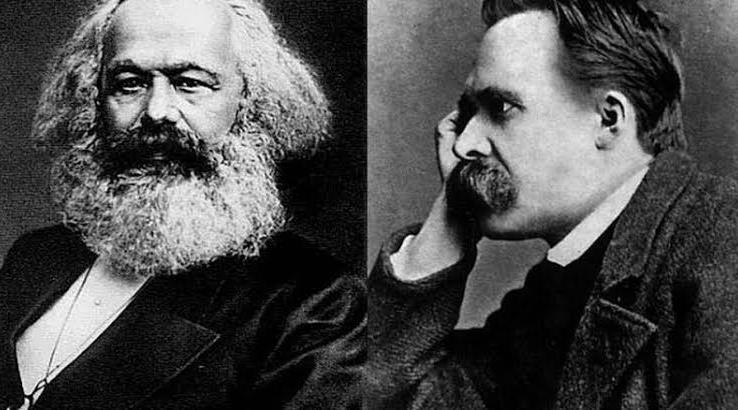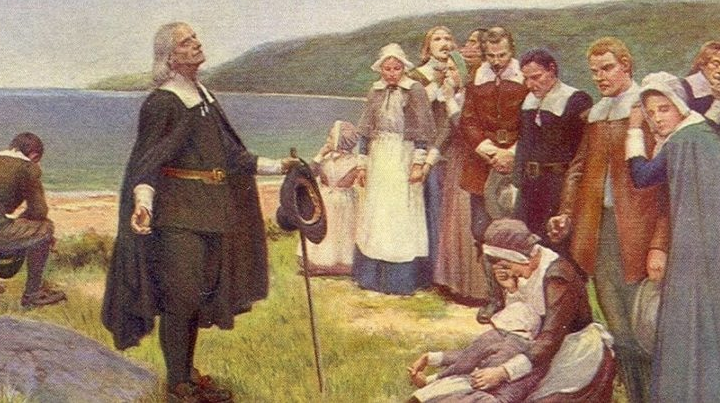What are the Christmas holidays about? St. Augustine reminds us that Christmas is a celebration of a metaphysical miracle for believers. According to him, what is celebrated is that God is man. For those with a more secular sensibility, Christmas has become a tradition independent of religion. Yet Nietzsche is quick to point out that tradition is not as innocent as we thought. The fact that we look forward to Christmas to get through the first months of winter actually has a strange Marxist echo: Are the holidays the opium of the people? Nonsense, you might think, this is just a holiday, a time to take a break from work, to rest and enjoy the free days, as Bertrand Russell commanded. Of course, Adorno isn’t so sure that your free time is as empty as you think.
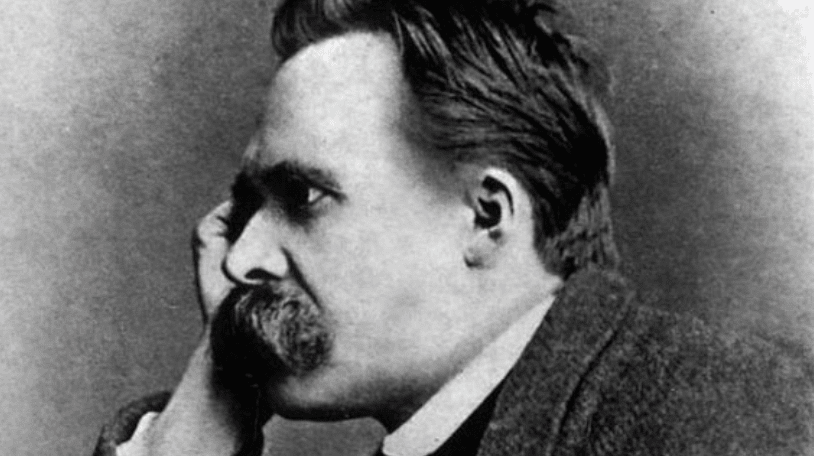
Christmas is also celebrated by many non-religious people. As Nietzsche discusses it in The Science of Glory, this is a clear example of how God’s shadow is still effective even after His death. In fact, most of us don’t think much about God’s death and Jesus at Christmas. If we think about it, we realize that this kind of celebration is part of our culture and a tradition that we inherited from our family. But Nietzsche has nothing to say about tradition either.
“What’s the tradition? A higher authority that is obeyed not because it commands us what is useful to us, but because it commands it. What distinguishes this feeling in the presence of tradition from the feeling of fear in general? What is commanded here is the fear of a higher mind, an incomprehensible, uncertain power, something beyond the personal—in that fear there is superstition.” – Nietzsche, Daybreak
The Official Story of St. Augustine and Christmas
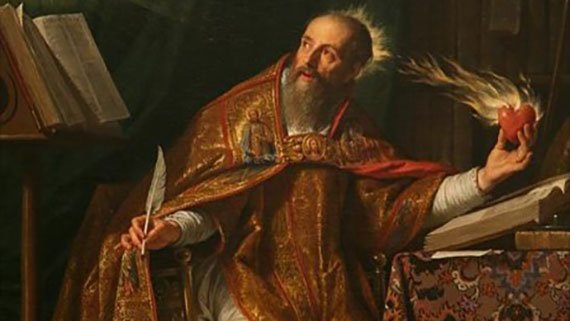
It’s easy to forget that Christmas should actually be a celebration of the birth of Jesus, believed by Christians to be the son of God. St. Augustine explains why Christmas is a cause for celebration for believers:
“Wake up, humanity! For your sake, God became man. Wake up, those who sleep, rise from the dead so that Christ will enlighten you. I tell you again: God became a man for your sake. If you had not been born in that time, you would have tasted eternal death. If the sinner had not taken upon himself the image of flesh, you would never have been able to get rid of the sinful flesh. Without this mercy, you would suffer eternal unhappiness. If he hadn’t shared your death, you would never have come back to life. If it didn’t help you, you would be lost. If he hadn’t come, you would have perished. So let us celebrate with joy the coming of our salvation. Let us celebrate the feast day, when the great and eternal comes from the great and eternal day of eternity to our own short time.”
Karl Marx and Religion
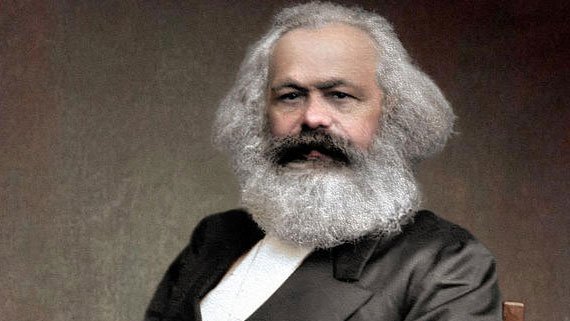
Whether religious or not, most of us look forward to Christmas for a variety of reasons: to celebrate, to meet our families, to spend some time and rest. Sometimes what keeps us going in a crazy, hectic, and rough world is looking forward to the holidays. But wait a minute, can holidays be the opium of the people?
“Religion is the sigh of the oppressed, the heart of a heartless world, and the soul of a soulless situation. It is the opium of the people. The abolition of religion as people’s imaginary happiness is the demand for their true happiness. To call them to give up their illusions about their situation is to invite them to give up a situation that requires illusion. Criticism of religion, therefore, is a critique of the valley of tears, of which religion is essentially the halo.” / Karl Marx, A Contribution to the Critique of Hegel’s Philosophy of Right
Bertrand Russell: Why We Need a Holiday
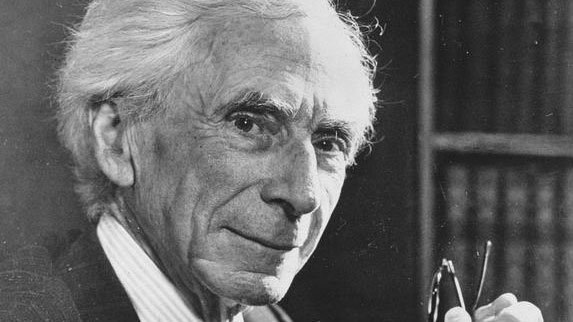
As early as 1932, Bertrand Russell diagnosed a cultural obsession with working at the expense of leisure activities. In his essay “The Ode to Idleness,” he argued that our over-valuing of work, productivity, and productivity results in most people not knowing the pleasure and value of real leisure time. Of course, leisure time might have been something an aristocrat like Russell might have desired, but it may no longer be possible for most of us living in the modern world.
“One of the signs of an impending nervous breakdown is someone’s belief that their job is very important and that going on vacation will bring all kinds of disasters. If I were a doctor, I would have to write off to any patient who found their job important.” / Bertrand Russell, The Conquest of Happiness
Adorno: Leisure in Capitalist Society
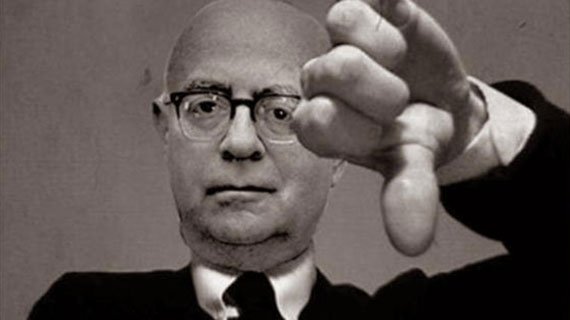
So you’re looking forward to taking a break from work and some free time this holiday season. We have some bad news. Adorno doesn’t believe that your free time is really “empty.” In our modern, capitalist world, leisure is just a simple extension of work.
The phrase “leisure” appeared only recently. The premise of this, the term “free time,” implied the privilege of an unlimited, relaxed lifestyle, and therefore something qualitatively different and much more auspicious. Leisure, on the contrary, is chained. Indeed, the relationship of opposition in which it exists endows leisure time with certain basic characteristics. Moreover, and far more importantly, leisure depends on the totality of the social conditions that continue to affect people. People cannot exercise their true freedom, neither in their work nor in their consciousness.” / Theodor Adorno, Free Time

